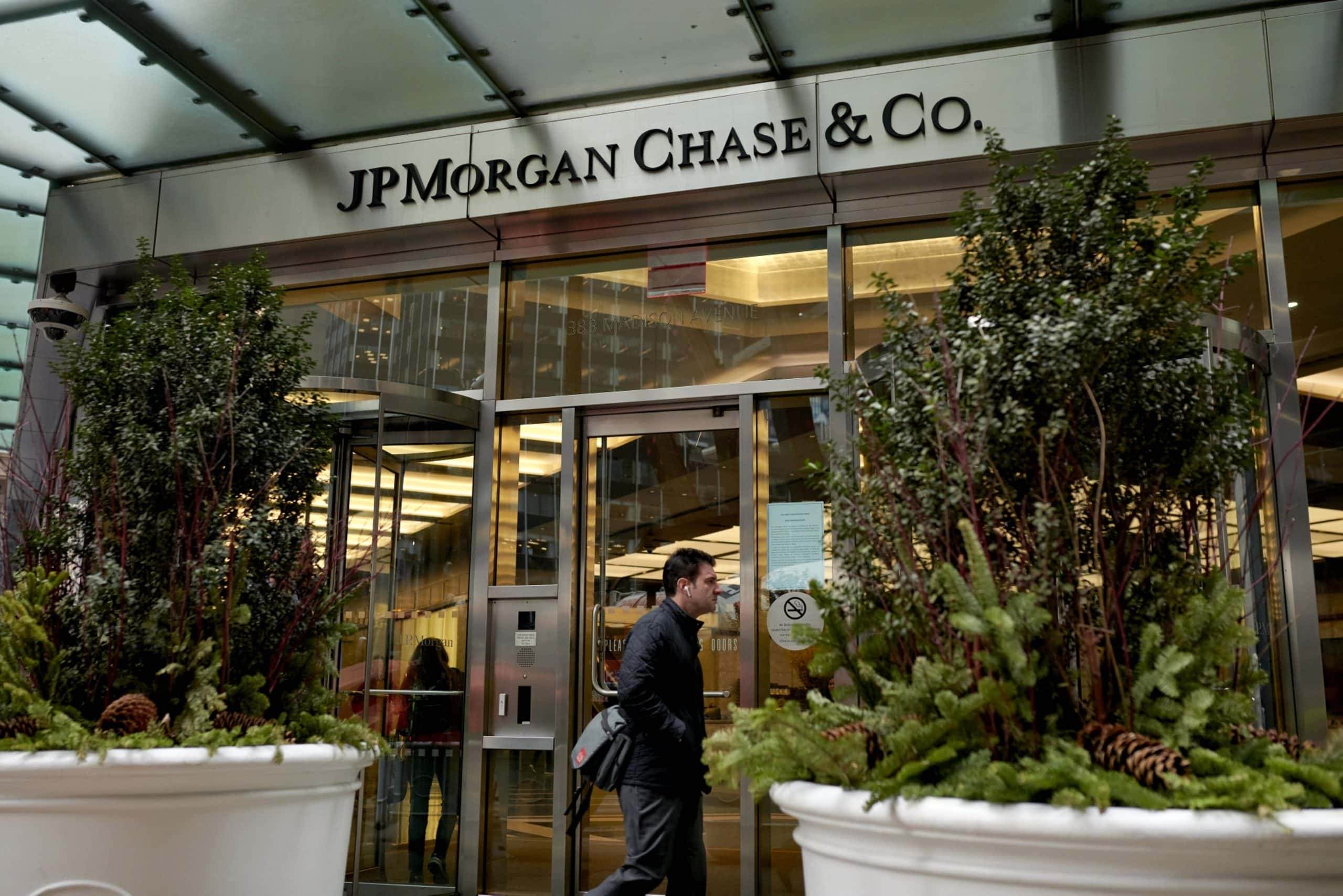According to a recent analysis conducted by the JPMorgan Chase Institute, while consumers seem to be faring well presently, their nest eggs are taking a hit.

Economists predict that a mild recession could be on the horizon, raising concerns about the financial resilience of the average American savings
President of the JPMorgan Chase Institute, Chris Wheat, expressed concern over families’ slow pace of rebuilding savings compared to their expenditure rates. If a recession were to hit, it could take a considerable time for families to recover from potential losses.
Despite this, the institute’s analysis of data from 19 million Chase customers’ bank accounts indicates that consumers currently have more accessible cash than before the pandemic. Another study co-authored by Wheat found that average American savings have approximately 10% to 15% more funds in their bank accounts than in 2019. This additional cushion might help them weather an impending recession, particularly if they face unemployment.
Wheat cautioned that inflation has eroded the value of average American savings money, with wages only recently surpassing inflation rates after two years. This effectively nullified the wage increases obtained during the Great Resignation period. Cash buffers have dwindled for many average American savings, defined as the time someone can sustain their regular spending without any income or access to credit.
The disparity in cash buffers is evident between income quartiles, with the top quartile having a median buffer of 43 days, while the lowest quartile only has 22 days
The financial boost from stimulus checks and deferred student loan payments during the pandemic contributed to these disparities, but as student loan payments resume, the situation may change.
Wheat further highlighted that families are not replenishing their average American savings after dipping into them, a trend exacerbated by high inflation rates experienced over the past year. In May, average American savings were saving 4.6% of their disposable income, down from a remarkable one-third during the height of the pandemic.
As economists continue to keep a close eye on the potential recession, the fate of the average American’s savings remains uncertain. The need for bolstering financial preparedness has become more evident, urging families to strike a balance between spending and saving in the face of economic uncertainties.




